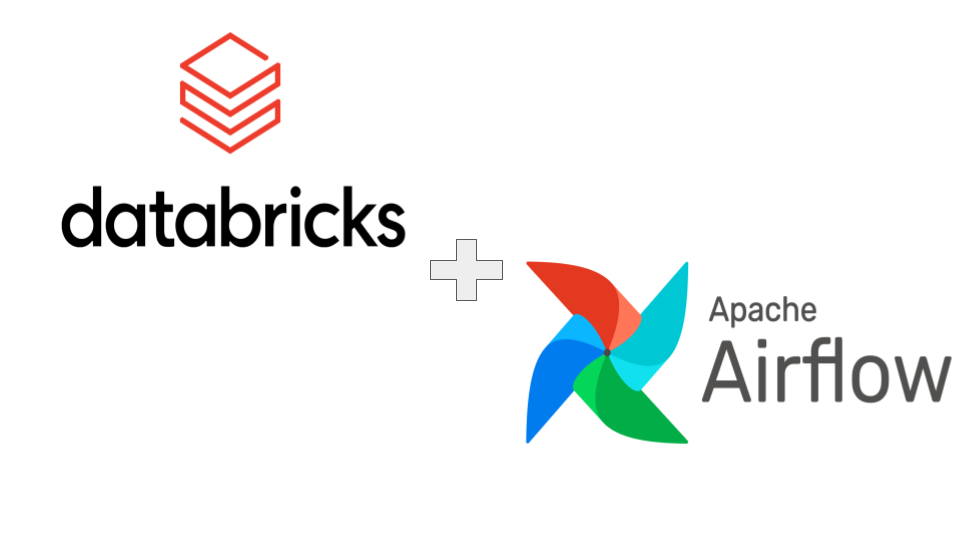
There are many a day when I find myself scrolling through the subreddit for r/dataengineerg, it’s a fun place to stalk. Lot’s of people with lots of opinions make for interesting times. I see one question or a variation of it come up over and over again. How do I learn data engineering skills, how do I get into data engineering, what kind of problems do data engineers solve, blah, blah, blah? It’s a great question, and one without an easy answer. Well … there is an answer but it takes some time and willpower to get it done. Open source data. This is the way. Read books, take classes, do whatever, it’s hard to really learn the skills needed day-to-day as a data engineer without actually doing the work. But how do you do the work without the work? Make up your own work I say.
Read more








